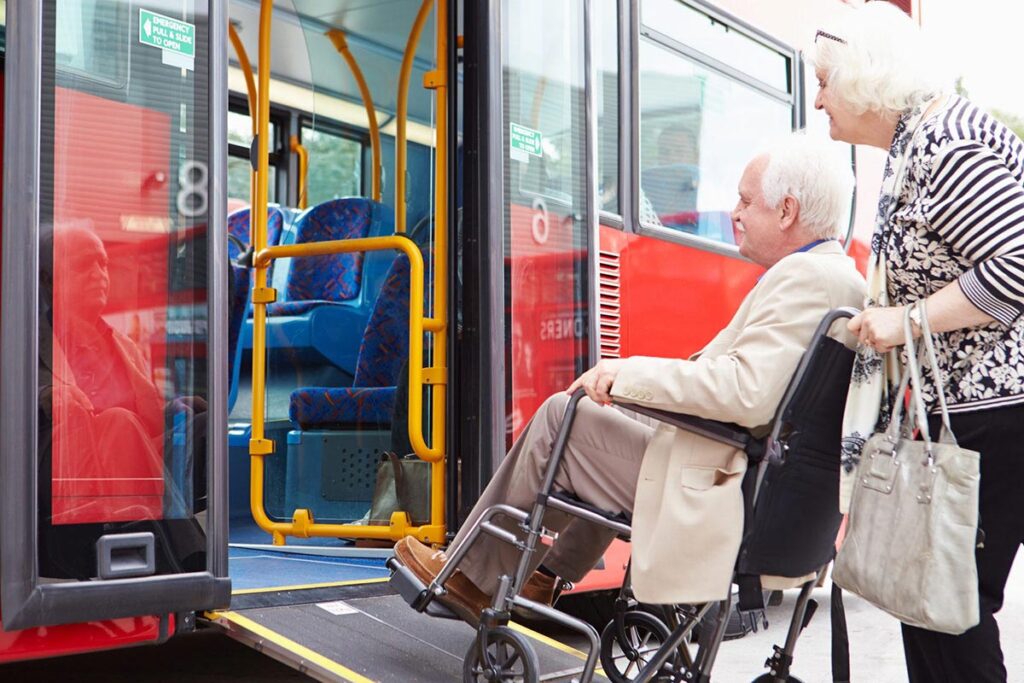
The Core Program
The overall objective of the Smart Aging course is to better equip individuals to navigate life transitions in senior years. Each week, participants will take an active role in preparing for these transitions by assigning themselves homework on the topic presented. Weekly workshop outlines are below.
Workshop 1 – Understanding My Aging
Explore your thoughts about your life now and in the future and determine for yourself which topics need your attention regarding your own aging.
Workshop 2 – Staying Socially Connected
Assess your own connectedness, both social and other, look at ways to improve your connectedness and consider meaning and purpose in your life.
Workshop 3 – Taking Steps to a Healthier Lifestyle
Identify your concerns about your health as you age and consider your own expectations and motivational tendencies in approaching these concerns.
Workshop 4 – Preparing for a Health Crisis
Identify your concerns about your health as you age and consider your own expectations and motivational tendencies in approaching these concerns.
Week 5 - Getting Where You Need to Go
Participants will learn effective strategies to continue getting around as safely as possible for as long as possible and be informed on the various transportation options available.
Week 6 - Exploring Housing Options
Consider where you might want to live 2, 5 or 10 years from now, the numerous factors that may influence your preferences and decisions and what options are currently available in Ottawa.
Week 7 - Addressing Common Financial Concerns
Learn about the most common financial concerns of seniors, identify those of greatest concern to you, and what you can do to address or alleviate these concerns.
Week 8 - Engaging in My Aging
Recap the entire course, look at what you have accomplished, and consider actions still to be taken as you move forward. The final session will include a celebration lunch!
Stand-Alone Workshops
The COA has developed eight stand-alone workshops as part of the Smart Aging Program. These workshops can be taken independently from the Core Program. You do not need to have completed the 8-week Core Program series in order to participate.
Taking Charge of Your Emergency Preparedness
Participants will consider the history of natural disasters, the risks for seniors, and how to prepare themselves for potential disasters including winter storms, heat waves, floods, power outages, pandemics and more.
Connecting at a Distance
Participants will explore new ways of staying connected or becoming connected, consider their thoughts on spending time alone, and helping others be more connected during times when connecting in person is not possible.
Exploring Online Banking and Shopping
Participants will explore their current banking and shopping habits, learn how to safely bank and shop online, as well as when and how online banking and shopping can be helpful as an alternative to conventional methods.
Understanding the Ingredients for Healthy Eating
Participants will learn about changing dietary needs and eating habits as we age, reflect on their own eating habits, needs and challenges, discuss heathy eating, and explore opportunities to expand their options.
Nurturing Mental Wellness and Resiliency
Participants will increase their knowledge related to mental wellness and resiliency as they age. Useful tools and ideas will be shared to help create tangible and concrete plans to support mental wellness. Issues surrounding COVID will also be considered.
Aging in Place with Home Modifications
Participants will explore what’s involved (practically, emotionally, and financially) in considering whether they can or should stay in their current home and which home modifications might ease their lives now and allow them to stay in their homes longer.
Navigating In & Out of Hospital
Participants will determine how to prepare for, navigate through, and return home from both a planned and unplanned hospital admission. Discussion will include powers of attorney, reducing the risk of readmission, as well as recovery and convalescence.
Aging in Place with Services and Supports
Participants will explore what’s involved (practically, emotionally, and financially) in continuing to live independently with services and supports. This will include an overview of common needs, available options, and financial considerations.





















